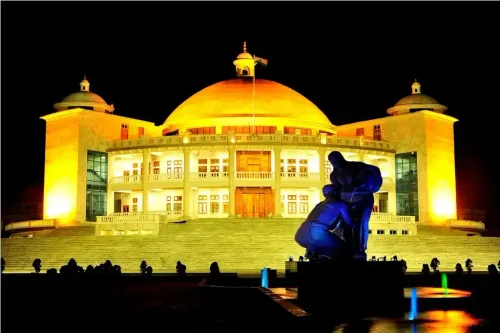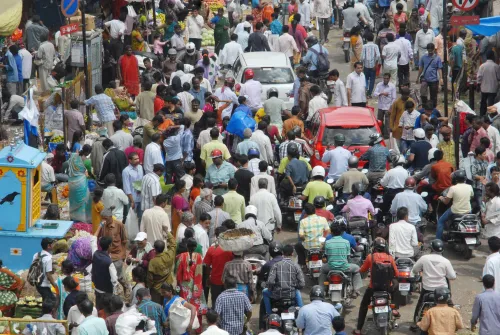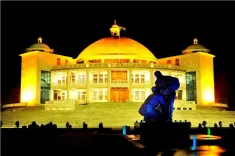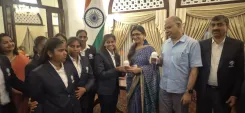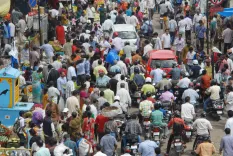Does the RSS Ban Row Violate Fundamental Rights?
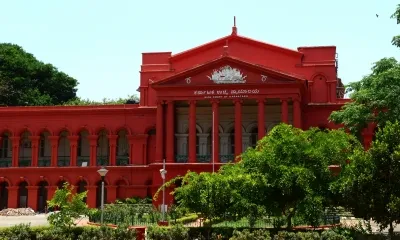
Synopsis
Key Takeaways
- The Karnataka High Court ruled against a government order restricting public gatherings.
- The order was deemed a violation of fundamental rights under the Constitution.
- Interim stay on the government's directive remains until December 15.
- The ruling applies to all citizens, not just the petitioners.
- Political tensions have escalated between Congress and BJP over this issue.
Bengaluru, Nov 17 (NationPress) The Karnataka High Court ruled on Monday that the order issued by the Congress-led government, which mandates private organizations to seek prior approval from authorities for conducting events in public areas and on government property, infringes upon fundamental rights.
The bench, presided over by Justice M. Nagaprasanna, expressed this viewpoint while addressing a petition submitted by Punashchetana Seva Samsthe and extended the interim stay on the order until the forthcoming hearing scheduled for December 15. The court also rejected the government’s plea to limit the interim stay solely to the petitioner.
Furthermore, the Karnataka High Court clarified that the interim stay, initially issued on October 28 to suspend the government’s order prohibiting gatherings of ten or more individuals for peaceful civic, social, or cultural events, applies universally and not just to those who initiated the legal proceedings.
The court highlighted that its earlier interim order, which has now been affirmed by a higher bench, was enacted because the government directive contravenes the Fundamental Rights outlined in Article 19(1)(a) and 19(1)(b) of the Constitution (freedom of speech and expression, and the right to assemble peacefully).
The court emphasized that under Article 13(2), fundamental rights can only be limited by legislation enacted by the legislature, not through a mere government directive.
Since the government order violates the Constitution, it cannot be enforced selectively, benefiting only the petitioners while affecting everyone else. If it impinges on Fundamental Rights, it is deemed invalid for all, not just a select group, the bench asserted.
The court directed the prosecution to submit objections to the petition. Advocate General Shashi Kiran Shetty requested four weeks for this process, and the court subsequently scheduled the matter for another hearing on December 15, maintaining that the interim stay order would remain in effect until that date.
Previously, Advocate General Shashi Kiran Shetty had suggested confining the interim stay order to the petitioner.
The High Court's Dharwad Bench had issued an interim stay on October 28 regarding the government order that necessitated prior approval for organizing events in public and state-owned venues.
This order was prompted by a request from Minister for RDPR, IT, and BT Priyank Kharge to Chief Minister Siddaramaiah, advocating for a ban on Rashtriya Swayamsevak Sangh (RSS) activities in public spaces and government-owned properties statewide. This situation has also ignited a heated exchange between Congress and BJP leaders.
The bench, led by Justice M. Nagaprasanna, issued the interim order following the writ petition lodged by Punaschetana Seva Samsthe, an NGO, contesting the legality of the government directive.
The petition argued that the order, which categorizes gatherings of more than ten people as illegal and requires authorization from authorities for public events or foot marches, is unconstitutional.


